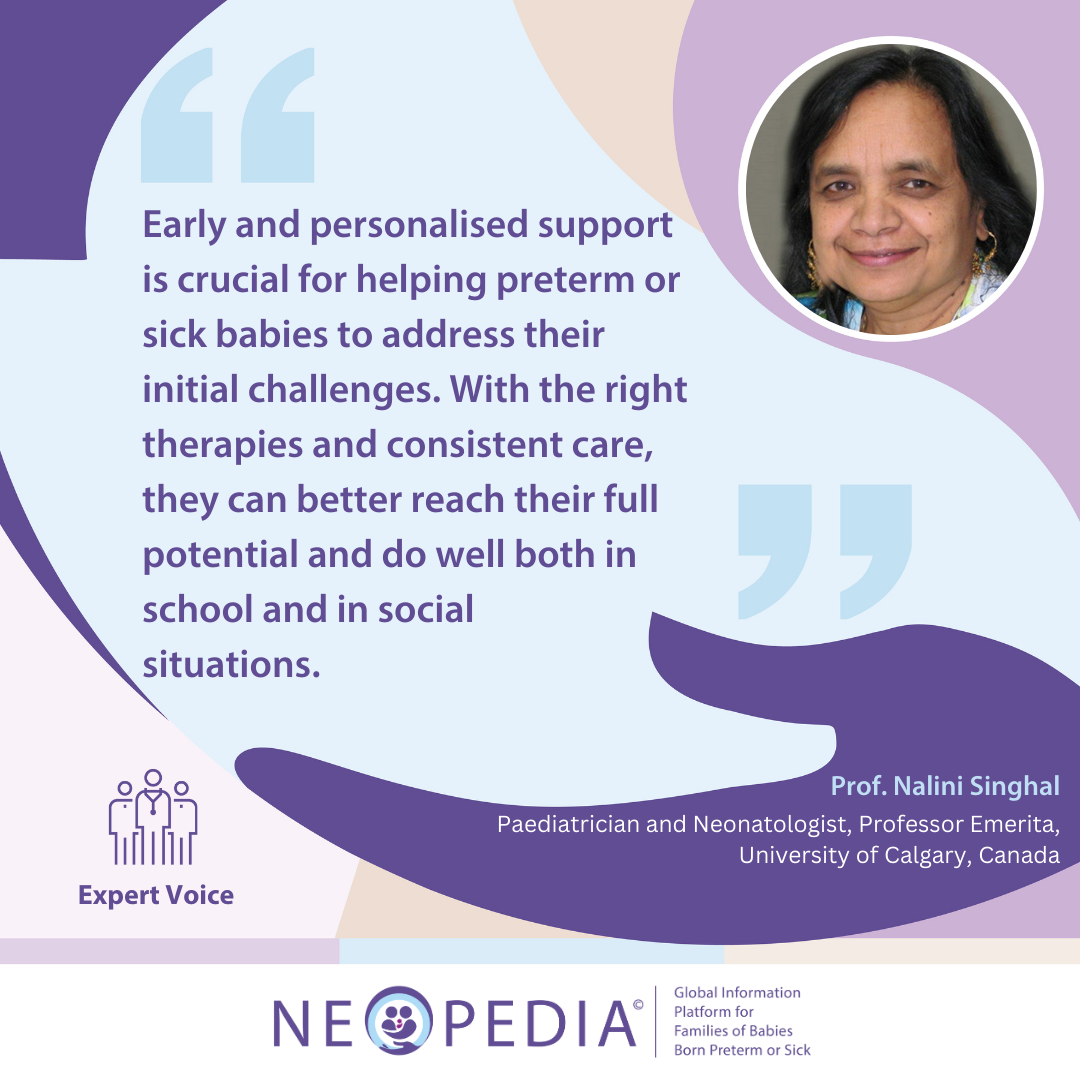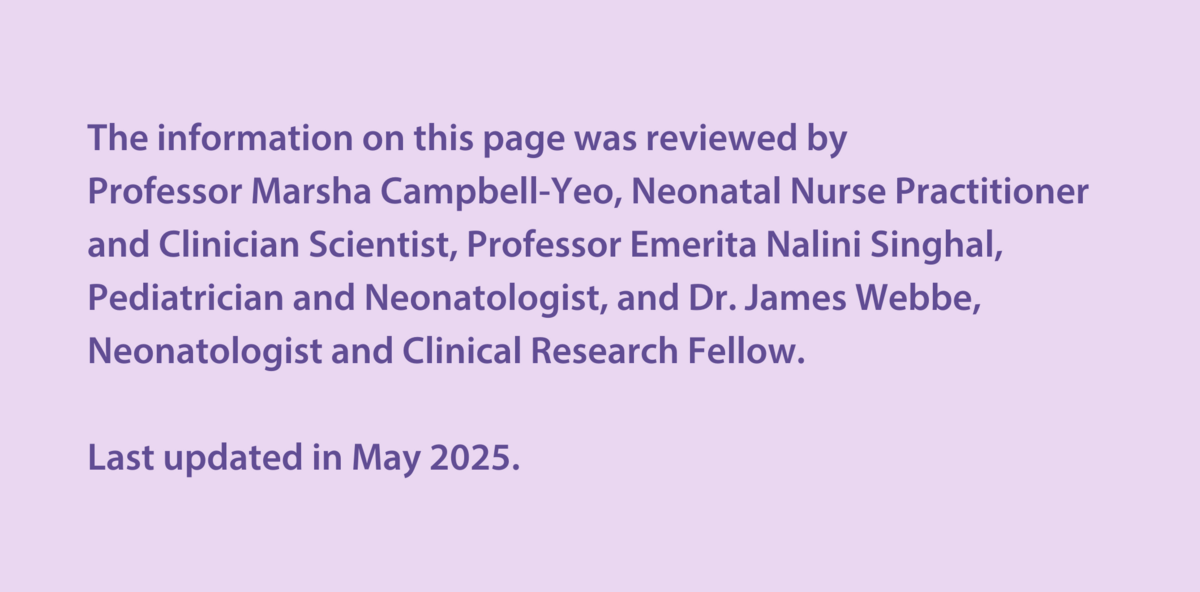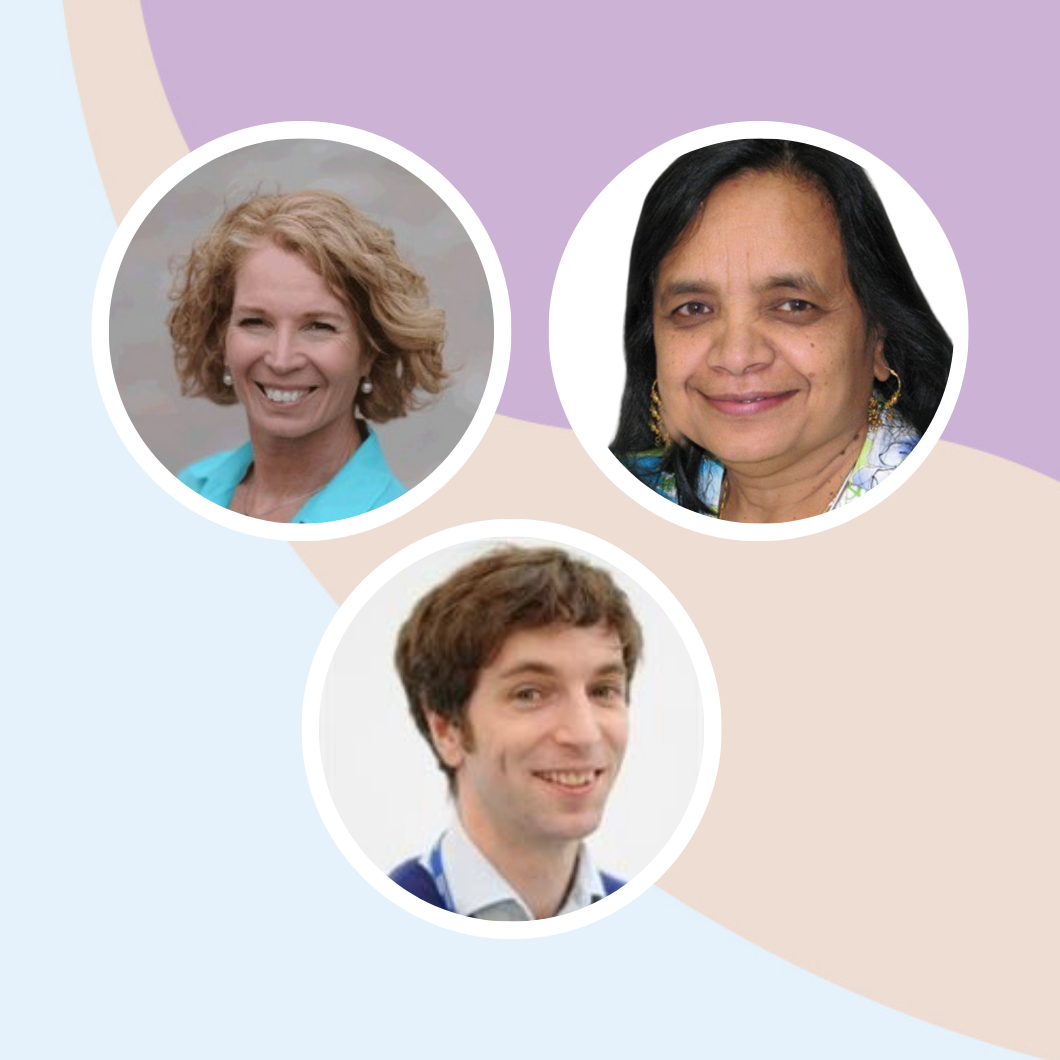
Physiotherapy and other therapeutic supports are very important for newborns who were born early or with health issues. For these babies, starting therapy early can make a difference in their development. Physiotherapy helps babies improve their movements and reach important milestones like sitting, crawling, and walking. By focusing on improving the quality of these movements, physiotherapy helps prevent long-term movement problems and injuries.
Besides physiotherapy, other therapies like speech therapy, occupational therapy, dietitians⍰, and developmental programs are also very helpful. Speech therapy works on language, play, and social skills to help children communicate better and understand their surroundings. Occupational therapy focuses on developing skills needed for daily activities and social interactions, which builds confidence and independence. Dietitians can help with picky eating and make sure the child is getting the right nutrients, while speech pathologists can improve communication skills. Working together, these experts help address different challenges a child might face and support their overall growth.
In most countries, follow-up care and support for preterm children usually stop by the time they turn 2 years old. However, some challenges or symptoms might show up later. The earlier they were born, the longer many preterm children may not fully catch up with their peers in terms of their development. Often, larger or smaller differences compared to other children are still noticeable by the time they start school or even later. This is why it is important to stay aware of your child’s development and seek help whenever needed. Keeping in touch with preschool and primary school teachers is also key to making sure your child gets the support they need. You can find more tips on this in the section about preschool and school years.

